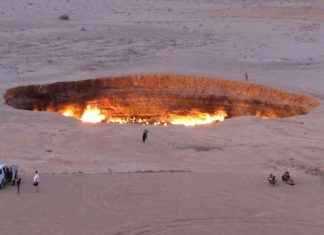Skadedyrsfirmaer are scrambling to locate rottehuller and put kloakspær and smækfælder up.
Municipalities in several places in the country to receive exceptional reviews from citizens who have observed rats.
for Example, the Municipality of Kolding from 1. January to 30. april received 2112 reviews against 938 in the same period last year. So more than a doubling.
a Caseworker in the municipality’s department for the environment, nature and climate Karen Bjørnskov Petersen says to Ritzau, that the main reason is the mild winter.
in Addition, all the rain that fell in the winter and early spring months.
– the Water has pushed the rats up at the sewers, she says.
But it also plays into that more have been aware of the rats during the coronanedlukningen:
People have been home and have had time to discover that they have rats. For example, there is a part that contacts us because they have seen rats at a bird feeder in the garden, says Karen Bjørnskov Petersen.
Among the other troubled municipalities are Aarhus with 3700 reviews from January 1. may. It is approximately a doubling compared to the same months in 2019.
At Rentokil, who performs pest control in Aarhus, says technical director Claus Schultz, that it is unusual with so many reviews on this time of year.
– The normal rottemåneder is from October to February, but this year we have, in some municipalities has been very busy in march, april and may. First now it starts to decline, he says.
At AJ pest control is skadedyrsspecialist John Mogensen not surprised.
the Company, which mainly assists businesses and housing, receiving 30 to 40 percent more inquiries than otherwise.
– My guess is that there are twice as many rats and mice in the year.
he Also points out that the rats are looking up, because there has been more water in the sewers than usual.
– But it is also significant that this winter is the third without prolonged frost. The ground is warm, and so can overfladerotterne once again come up earlier in time to multiply.
– On the way they can have more litters than they can, if we have had a cold winter, says John Mogensen.







